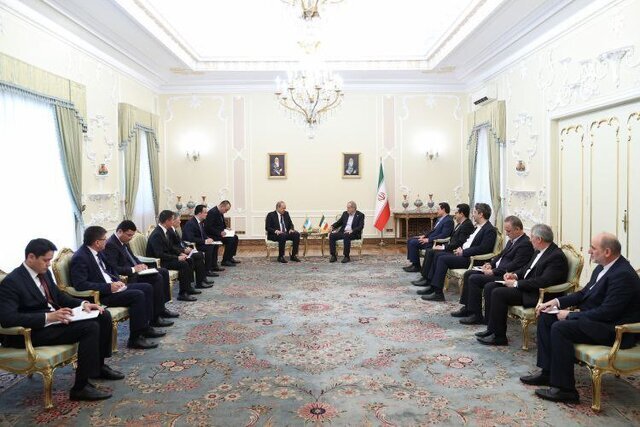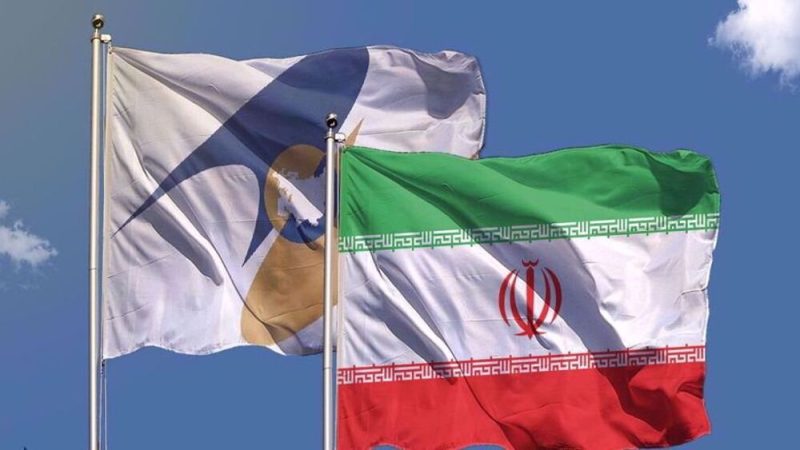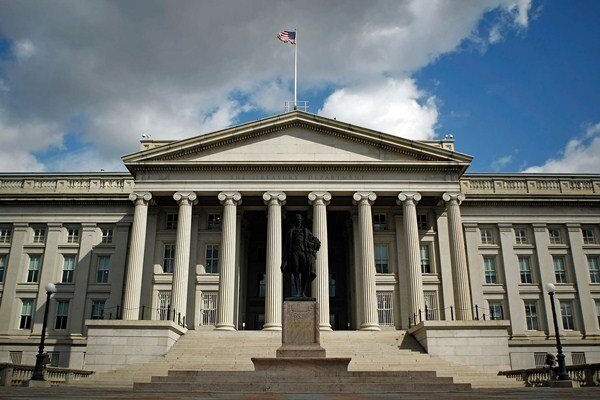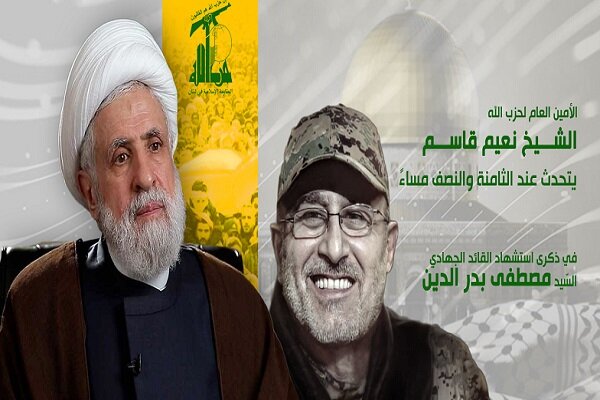Editorial: End of an ordeal
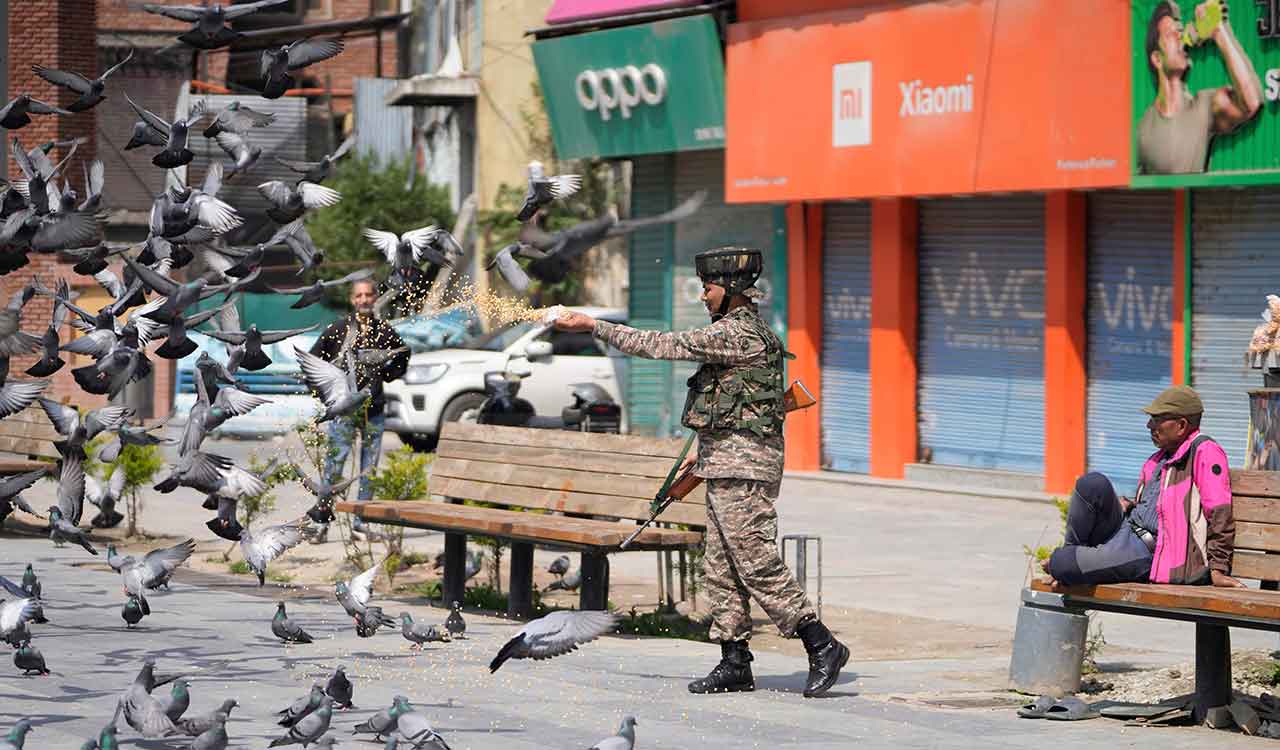
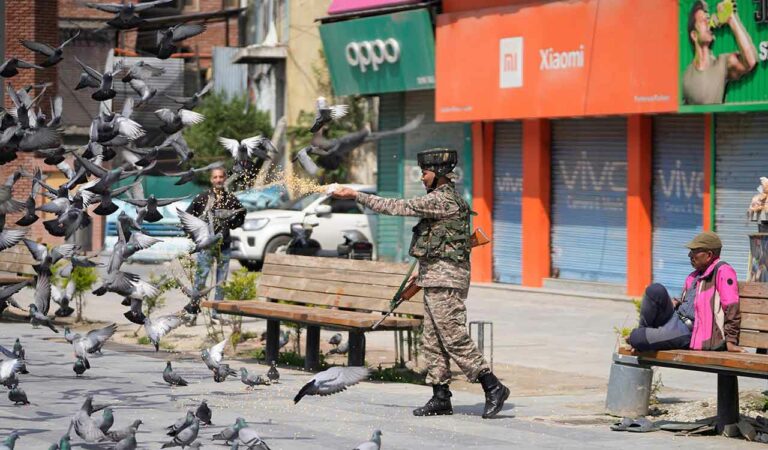
The war clouds over the sub-continent appear to have dissipated for now, following the United States-brokered ceasefire, but India must be vigilant in view of Pakistan’s blatant violations just hours after reaching an understanding. Past experience shows that Islamabad never adheres to its commitments and prefers to rely on its diabolic strategy of using terrorism as an instrument of state policy. However, the key takeaway from the latest conflict is that India has rewritten the playbook and set a new red line by making it clear that any future terror strikes will be considered an act of war against the country and will be responded to accordingly. This is a significant shift in India’s policy on tackling cross-border terrorism. With the entire nation backing the Centre’s counter-terrorism measures, it is imperative for Prime Minister Narendra Modi to take the opposition parties into confidence and brief them about his government’s strategies. Unlike in the past, India has now called Pakistan’s bluff on its oft-repeated ruses like non-state actors and nuclear deterrence. It is now clear that New Delhi will, in future, make no distinction between conventional conflict and terror attacks, backed by the establishment, and treat them with the same approach. Historically, Islamabad’s preference for terror attacks stemmed from its belief that conventional warfare involved prohibitively high costs and political risks compared to the outsourced model, where terror outfits like Lashkar–e–Taiba and Jaish-e-Mohammed inflict civilian casualties. This strategy gave the rogue neighbour the plausibility of denial. The levers that control Pakistan’s policies on funding terror are driven by domestic compulsions and the constant state of tumult created by civilian politicians clashing with powerful military generals.
In fact, the horrific Pahalgam attack was preceded by a hate speech by Pakistani Army chief General Asim Munir and the instability in Pakistan caused by Shehbaz Sharif’s embattled government, while the most popular politician and former Prime Minister Imran Khan is still in jail. It remains to be seen whether Islamabad can resist its infamous impulse to use terror as a means to shore up domestic popularity in the face of multiple internal crises. The timing and the source of the ceasefire announcement was rather surprising — US President Donald Trump disclosed it on his social media platform ‘Truth Social’, apparently to take personal credit for the breakthrough. While it provided a big relief for people in both countries and averted a full-blown war, there should be no room for compromise as shelling continued from the Pakistan side, targeting civilian areas, violating the ceasefire agreement. Post-ceasefire, there will be no change in India’s decisions to hold the Indus Waters Treaty (IWT) in abeyance, expel Pakistani nationals, reduce diplomatic presence in the neighbouring country and suspend bilateral trade. This is an unambiguous signal that India will seek to impose permanent costs on Pakistan for its misadventures in future.


